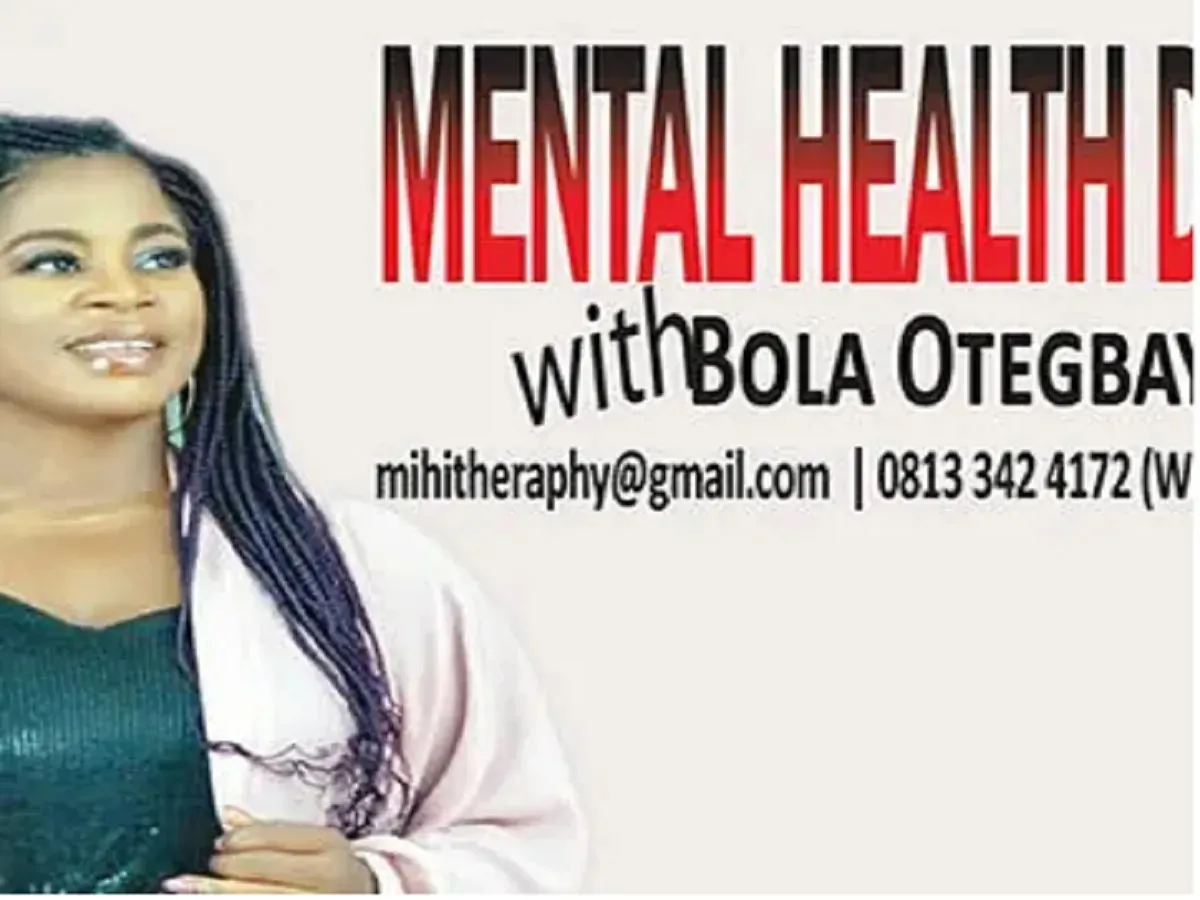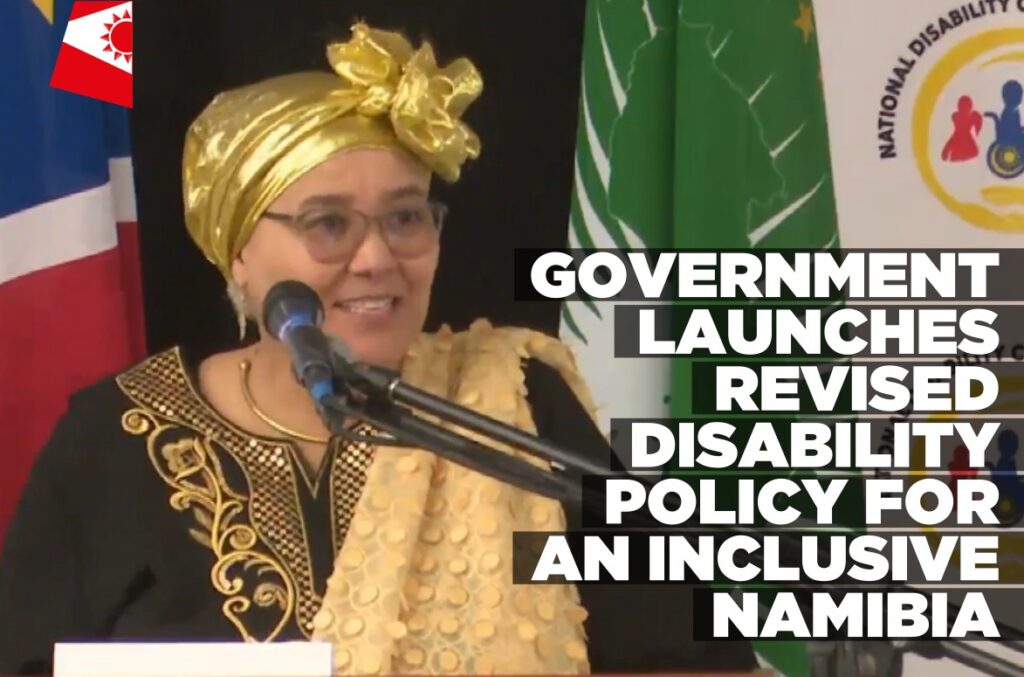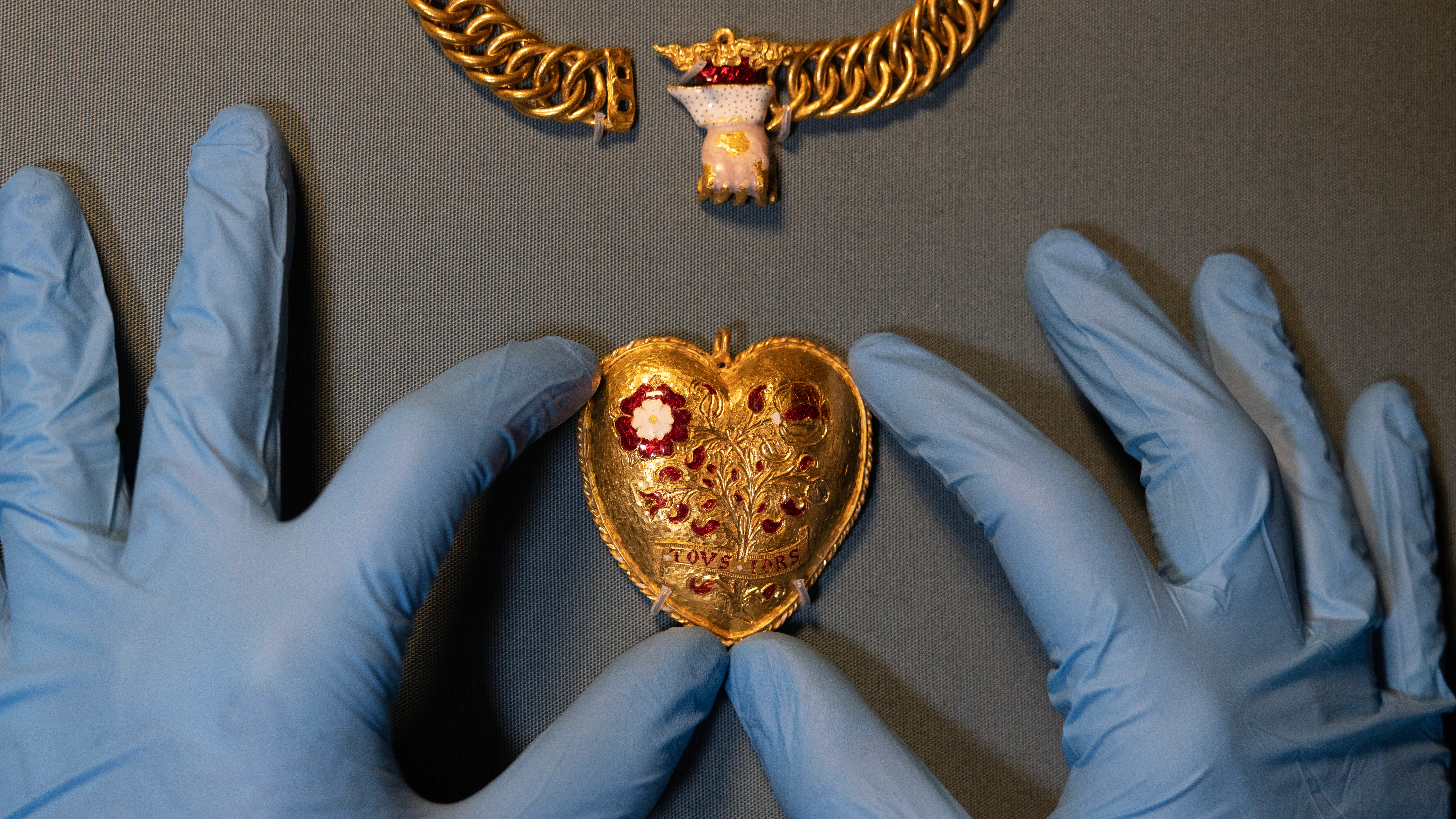Copyright tribuneonlineng

The recent release of inmates across parts of Nigeria has stirred mixed emotions: relief, concern, and reflection. While justice and accountability are essential, we must also remember that mental health is a critical part of true rehabilitation. This is not to excuse crime or defend wrongdoing, but to shed light on the psychological toll of confinement and what freedom really means after the gates open. It is also important to note that not all of them were guilty. Some were victims of circumstance; others acted out of desperation, trauma, or poor judgment. Some offences were unintentional, while others were indeed deliberate and deserving of punishment under the law. But beyond the moral and legal distinctions lies a shared truth: every human mind that has lived through confinement bears a scar, and that scar has psychological meaning. Freedom is supposed to bring relief, a deep breath of air after years of suffocation. It is expected to mean the end of pain, the beginning of a new chapter. Yet for many who have walked out of prison gates, freedom does not immediately bring peace; it brings confusion, anxiety, and even fear. The world outside the bars can feel too loud, too fast, and too unfamiliar. Freedom, in reality, comes with its own kind of weight. When a person spends years behind bars, their brain and emotions adapt to survival mode, these are invisible scars of incarceration. Every sound, every movement, every routine in prison is guided by fear, control, and conformity. Many lose their sense of autonomy, the freedom to make even the smallest choices like when to eat, what to wear, or when to sleep. Over time, the mind becomes institutionalised, comfortable only within the system that once felt oppressive. Psychologists call this post-incarceration syndrome, a collection of symptoms similar to post-traumatic stress disorder (PTSD). It may include anxiety, hypervigilance, emotional numbness, social withdrawal, and a deep mistrust of others. Some find it hard to sleep without the noise of the prison corridor; others feel unsafe in open spaces or struggle to believe that kindness is real. This trauma doesn’t end with release. The transition from prison to society can be psychologically overwhelming. Freedom, ironically, can be terrifying. Many newly released individuals face panic attacks, depression, and an unexplainable sense of displacement as though they no longer belong anywhere. Imagine coming home after years of confinement: your world has changed, technology has advanced, family dynamics have shifted, and people you knew have moved on. Life after the gates can be a mix of freedom and fear. Some ex-inmates return to find that loved ones have died, children have grown, or spouses have remarried. Others are met with suspicion and stigma. Society rarely forgives as easily as the law does. Many employers will not hire them. Neighbours avoid them. Even family members may not know how to relate with them again. These experiences reinforce shame, guilt, and hopelessness. For those wrongly accused or released after long legal delays, the emotional cost is even heavier, the bitterness of lost years, the pain of injustice, and the difficult task of starting life all over again. Without proper mental health support, such individuals are at risk of depression, substance abuse, or reoffending. The walls may be gone, but the prison remains. This time, it is in the mind. Rehabilitation should not stop at physical release, it must include emotional and psychological healing. This is the healing that we often forget. A society that truly believes in second chances must also invest in counselling, reintegration programmes, and community education. Freedom without psychological support is like removing chains but leaving scars untreated. Therapeutic interventions such as group therapy, mentorship, and skill-building programmes can help ex-inmates rebuild identity and self-worth. Community and faith-based organisations can create spaces for acceptance rather than judgment. We must understand that true healing requires empathy, structure, and trust, not pity. It is also important to mention that not all trauma belongs to the incarcerated alone. Prison staff, families of inmates, and even victims of crime also experience secondary trauma. Everyone in the circle of justice carries an emotional wound, and healing all sides is the only way to create a healthier society. Real freedom is not just walking out of prison, it is being able to breathe again without fear, to believe in one’s own worth, and to dream again. The freedom we must nurture is freedom of mind, the freedom to hope and to rebuild a new sense of self. For some, that journey begins only after they are released. For others, it may take years of therapy and forgiveness, both of self and of society. As a nation, we must begin to see mental health as a core part of justice and reintegration. We must ask ourselves: What does freedom mean if the mind remains in chains? How do we welcome back those who have served their time without re-traumatising them? How do we heal as a community? Because at the heart of it all, freedom is not just the absence of walls; it is the presence of peace. As we reflect on recent events and those regaining their liberty, let us remember that release is not the end, it is the beginning of a new mental health journey. Freedom must come with healing, structure, and compassion. Whether guilty or innocent, everyone deserves a chance to find peace and purpose again. Let’s build a society that not only opens prison doors but also opens hearts. Because true freedom begins when the mind is free. ALSO READ TOP STORIES FROM NIGERIAN TRIBUNE



